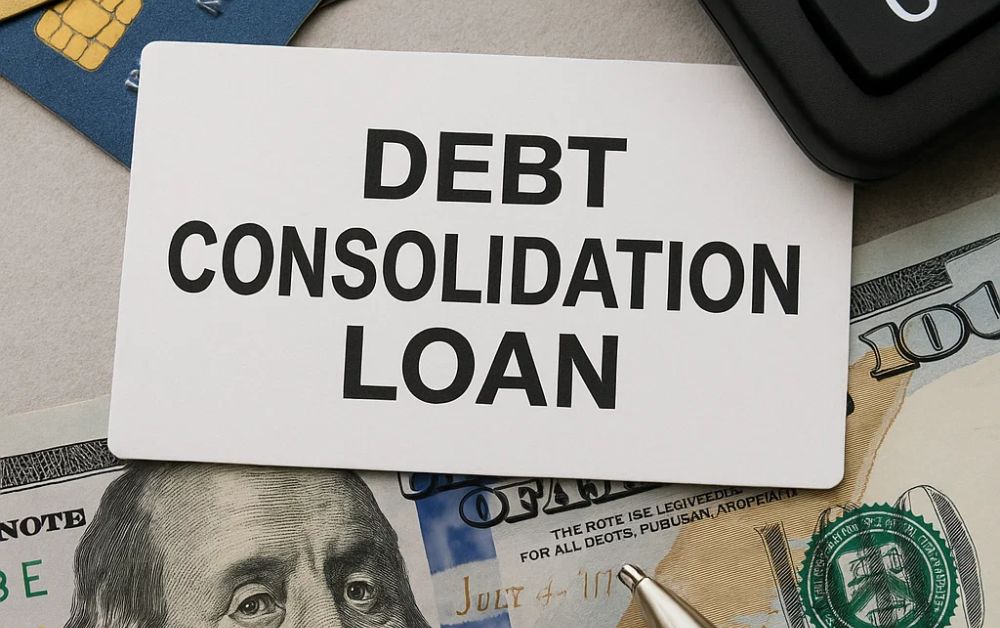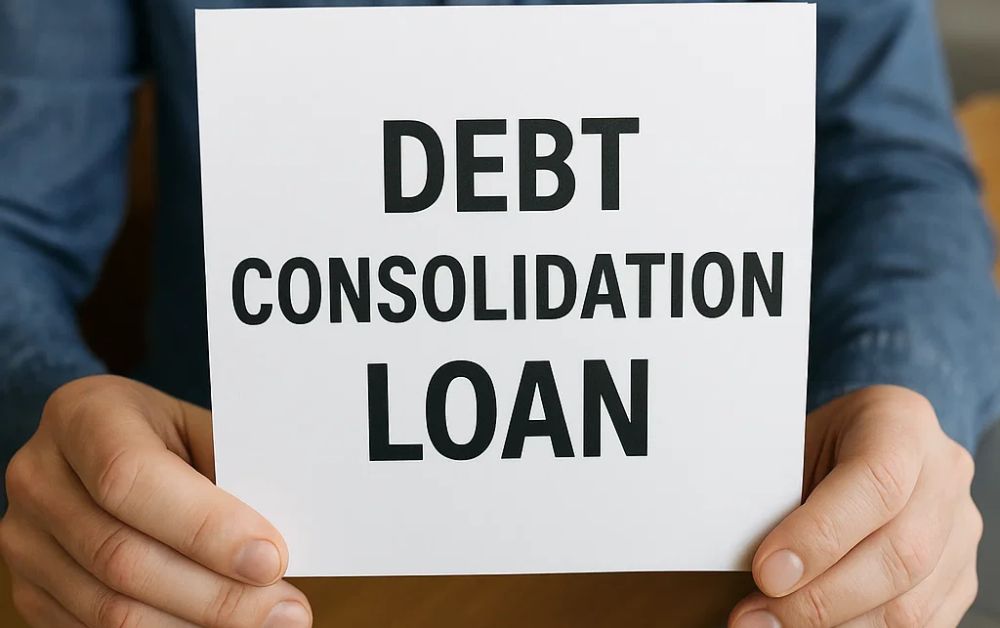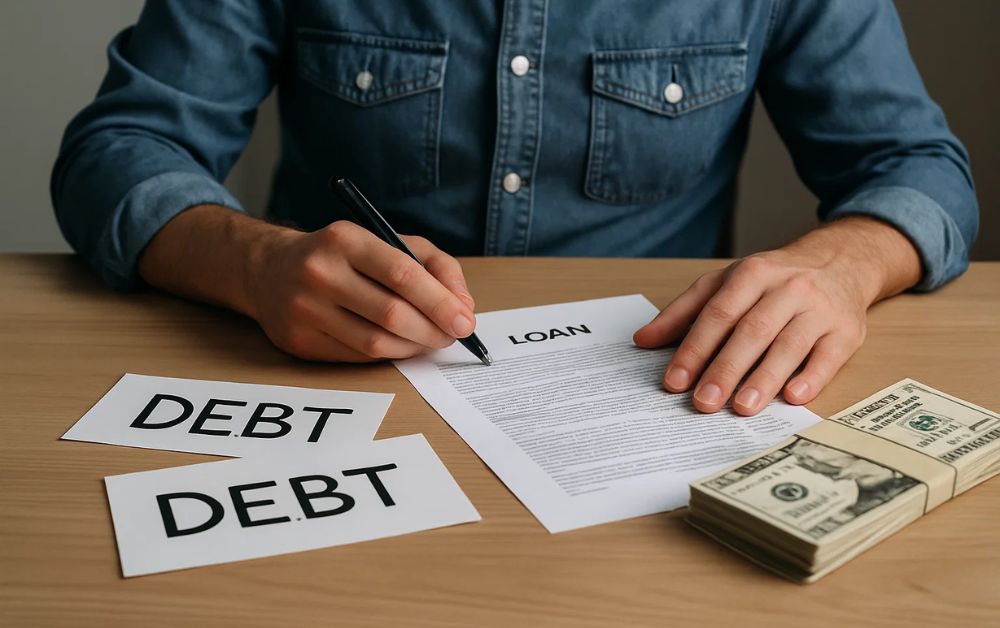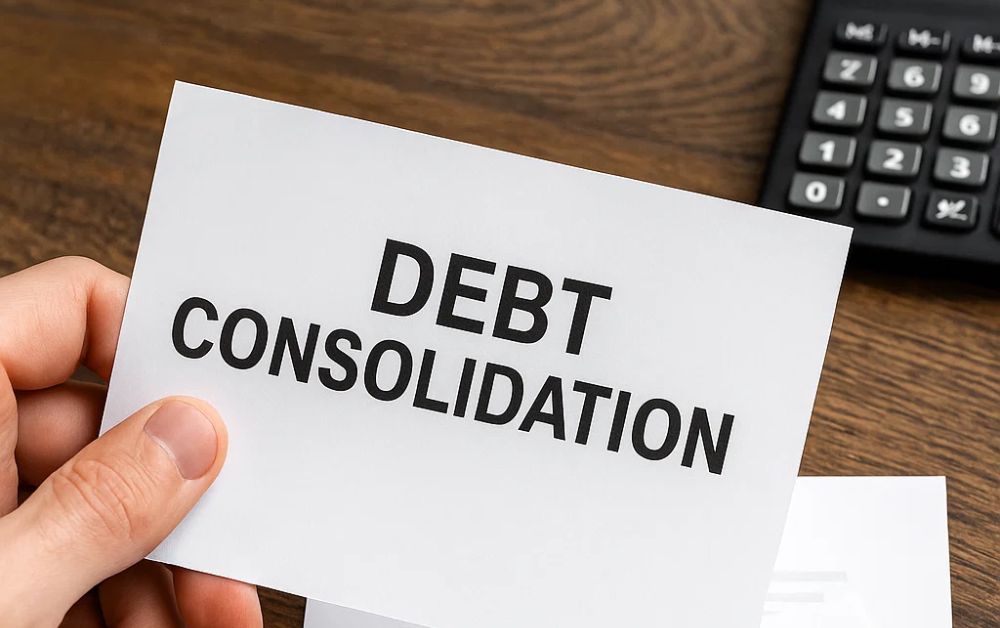Paying multiple debts with bad credit can be like walking up an endless hill. For those with such financial difficulties, a debt consolidation loan can seem like a lifeline. It makes debt management more structured and possibly less stressful by combining several debts into a single loan with a single monthly payment. However, if you have a poor credit rating, the path to obtaining a consolidation loan—and maximizing its benefits—is not without its challenges.
Here, in this blog, we’ll discuss the advantages and disadvantages of debt consolidation loans for individuals with bad credit, particularly those planning to take out a debt consolidation loan in Dubai. If you are seeking debt relief for high-interest credit cards or multiple personal loans, prior to making a choice, it is critical to comprehend both sides of the issue.
What is a Debt Consolidation Loan?
A debt consolidation loan is kind of personal loan that enables customers to pay off several outstanding debts by combining them into one. Rather than dealing with numerous interest rates, due dates, and creditors, you make a single monthly payment to a single lender. It is intended to make the payments easier and reduce the total interest rate.
Benefits of loans for debt consolidation for those with poor credit
1. Streamlined Finances
One of the most appealing advantages of debt consolidation is the financial ease it provides. Rather than having to juggle multiple loans or credit card statements, you have to monitor a single monthly payment. This can be less stressful and lower your risk of missing deadlines, which is particularly useful for those currently struggling with poor credit.
2. Possibly Lower Rates
With poor credit, however, specific lenders offer debt consolidation loans at lower rates than credit cards or payday loans. If you are approved at a lower rate, you will save money in the long run, allowing you to repay your debt quickly and easily.
3. Fixed Repayment Schedule
Generally, the period and interest rate of debt consolidation loans are set. This implies that you will be certain of the monthly payment amount and the duration of the contract. This is a good option for individuals with bad credit who wish to reestablish financial stability.
4. Improves Credit Score Gradually
If you use the loan to settle your credit cards and then maintain low balances or avoid new debt, your credit utilization ratio will improve. Moreover, on-time payments on the consolidation loan can help your payment history, which is an essential component of your credit score.
5. Stress Relief
Having only one loan rather than multiple can decrease financial stress. Having precise knowledge of what you owe, when it is due, and how long it will take to pay it back can bring assurance, which is priceless when dealing with financial hardship.
Cons of Loans for Debt Consolidation for People with Poor Credit
1. Bad Credit Interest Rates Are Higher
While debt consolidation can offer lower rates, this is not always the case for individuals with poor credit. If your credit score is very low, lenders will view you as high-risk and may only offer high-interest loans. On occasion, the consolidation loan may cost you nothing.
2. Upfront Fees and Hidden Costs
Debt consolidation loans may have processing fees, origination fees, or even prepayment penalties. These can be costly and render the loan less valuable than it initially seems.
3. Urge to Collect More Debt
One of the most serious pitfalls of debt consolidation is the illusion of financial freedom it produces. Paying off all of your credit cards with a consolidation loan may leave your credit limits free, but it also invites taking more credit—something worse than your previous situation.
4. No Debt Reduction
Debt consolidation differs from debt settlement or forgiveness. You still have to pay the total amount borrowed plus interest. For others, particularly those with very low incomes, this may only be a reprieve without solving the underlying cause of debt.
5. Credit Score Rejection
Although debt consolidation loans are often promoted for individuals with poor credit, not everyone is eligible for them. If your credit score is not good enough or your debt-to-income ratio is too high, you will be rejected or may only be approved for a bad loan.
Thinking of a Debt Consolidation Loan in Dubai
For citizens seeking to consolidate their financial load in the UAE, taking out a debt consolidation loan in Dubai can be a savvy move. Various financial institutions and banks in Dubai provide such loans, and some of them are even willing to lend to those with poor credit.
However, it’s essential to compare rates among lenders, thoroughly review the entire loan agreement, and be cautious of hidden fees. You may also need to speak with a financial planner or a debt management agency before signing anything.
Dubai’s financial market offers a blend of local and foreign lenders, providing a greater choice. However, it also requires proper scrutiny, particularly because the credit rules in the region may vary compared to those in your native country if you are an expatriate.
Final Thoughts
For people with bad credit who wish to take back control of their money, a debt consolidation loan can be a beneficial tool, but it’s not a solution. While it offers potential opportunities for lower interest rates, simplified payments, and eventual credit score improvement, it also carries risks such as high costs, additional debt accumulation, and potential loan rejection.
Before applying for a debt consolidation loan in Dubai, make sure to:
- Assess your situation honestly now.
- Learn all the terms and conditions.
- Develop a viable repayment strategy.
- Avoid getting trapped into taking more debt after consolidation.
Ultimately, the decision hinges on your control, current spending patterns, and long-term objectives. Used judiciously, a consolidation loan can be the starting point of financial stability—despite having bad credit.





